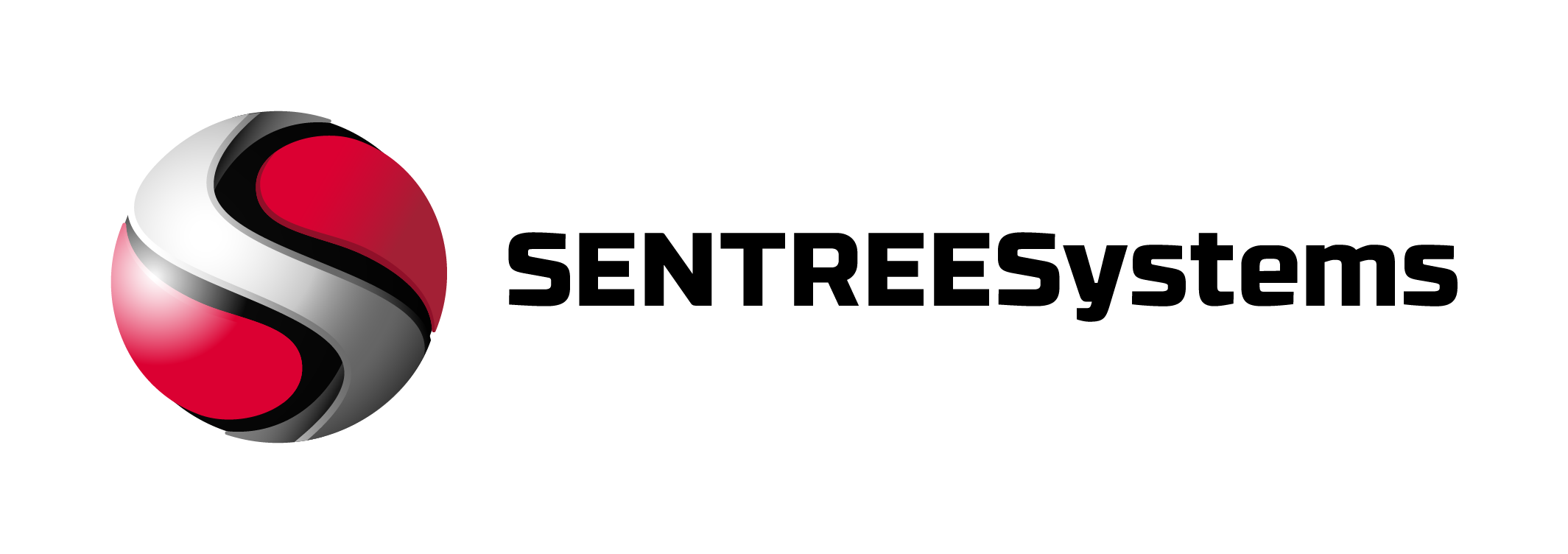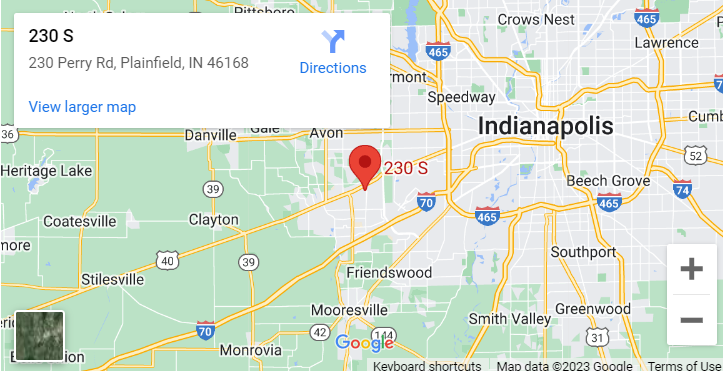
The proliferation in the number of people using the internet had led to a significant number of new websites and blogs popping up every day. The huge platform for sharing views and personal opinion about anything or host content that one deems suitable to share, casual users today have understood how good a business owning a website or even a personal blog can be.
However, although many people easily set up their own website or blog, there are hardly any who are knowledgeable enough in protecting their domains from hackers once they become the legal registrants of domains. Today, we discuss this issue to help owners of personal blogs and small websites.
How to protect your domain from hackers
The following methods can be used to protect your domain from the attacks of hackers:
- Activity alerts
This is similar to receiving notifications about your Facebook activity. Whenever an activity is performed using your domain account, you can get a notification. Many good domain registrars provide this feature free of cost. This is a good way to keep track of any unauthorized activity on your domain account.
- Make sure writeable and executable files and directories are not in web root
Not doing so basically means that any unauthorized user can access readable and/or writeable directories or archives. This is as easy as it can get for hackers to exploit non-secured scripts to run or place data on your web hosting account.
- Keep your domain locked
Enabling your domain registrar’s lock is a simple yet effective way to prevent illicit third-party domain transfer request. Such domain transfer requests are frequently used to steal domains. Simply enabling domain registrar lock can prevent your domain from falling prey to this malicious practice.
- Do away with unwanted Directories, Scripts, and Subdomains
It is a common mistake by website owners to leave old and less used directories and scripts on their website. The gravity of this mistake cannot be emphasized on enough. This is because hackers can use this information for the purpose of hacking into your website. Therefore, it is important that you routinely chunk out files and directories that you no longer need or use.
- Use strong and complex passwords
All accounts that require security are secured by passwords, but users can be so naïve as to use passwords that can be guessed easily to protect their sensitive information. This is a textbook mistake, one which hackers never get tired of exploiting. Always, ALWAYS, use passwords that are a combination of letters and numbers and are not short in length. Also, make it a practice not to use common English words as your passwords, for there are a lot of password cracking tools that crack passwords quickly because the password includes common words.
Conclusion
A lot of people are victimized by hackers by stealing or hacking their domain names. It is most important to pay close attention to your domain’s security, especially when your blog or website becomes really popular. With the help of this article and perhaps a little more research on the matter, you will be much more secure than you previously were (if not using these methods already) against hackers.



